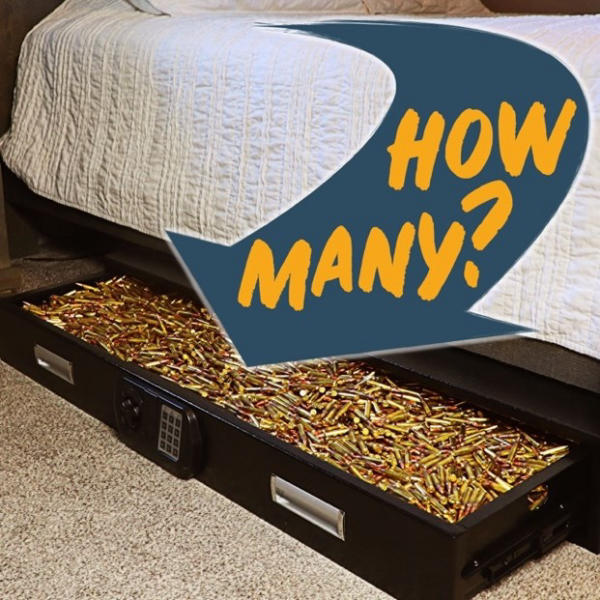By Glen Wunderlich
When food plot guru, Ed Spinazzola, suggested a dynamic combination of plants was worth a try, I listened. Although I had never tried to plant soybeans and sugar beets

Coated Sugar Beet Seed
, I did so last year and the results were less than stunning. But, with another bit of education from the School of Hard Knocks, I’m poised to give it a go, once again.
His advice was sound; it was the execution that was lacking last time around. The quarter-acre plot had been disked, dragged, and cultipacked with fertilizer and lime added to the mix. Before that, an application of glyphosate was sprayed to get weeds under control. However, eliminating a single step in the recipe – a final herbicide application – was enough to spoil all the hard work and expense. Up came my precious seed – right along with obnoxious weeds to spoil the entre’. This time it will be different, as long as Mother Nature cooperates.
As bad as the results were, the choked-out beets were there and provided the wildlife some benefit, albeit a pitiful one. So, a few weeks ago another small site was properly prepared and it became time to wait for the weeds to sprout before zapping them and planting. Instead of soybeans and beets, brassicas were substituted in place of beans, as a means to hedge the bet.
The seed came from Deer Creek Seed Co. in Wisconsin (www.deercreekseed.com), which specializes in farming and wildlife seed. The site provides plenty of planting options along with good instructions and a help line, if needed. The sugar beets, beta vulgaris, are relatively expensive, so it makes sense to become educated before jumping in. What follows is some of the information relative to sugar beets.
Sugar beets are not only a great crop for sugar production, but are also a fantastic dual-purpose food plot plant.

Sugar Beets
Deer enjoy the leafy tops for forage and will also dig up the sugary roots to eat in late fall and throughout the winter months. Sugar beets will reach a mature weight of 2-4 lbs. each and provide a solid food source for deer. Cooler weather promotes increased sugar content and makes them an extra attractive food source. To achieve best germination, Deer Creek Seed recommends planting sugar beets at least 1/2 to 1-inch deep.
Since I don’t have a grain drill, Deer Creek suggests broadcasting and to make sure to deeply rake the seed in. After planting, make sure the seed is covered in soil. But, before that – and here’s where I went wrong last year – wait a week or two before planting so you can hit the second crop of weeds that will come up in the bed with another round of herbicide. It is also highly recommended to use coated seed! The coating on its seed is a clay polymer that protects the seed in the soil and helps with water uptake. The coated seed will feed better through any spreader, as well.
The final suggestion is not to over-seed, which is another tendency of the beginner. More is not better, because crowded plants do not flourish.
With a heavy dose of patience and faith, there’s nothing left but to wait.






